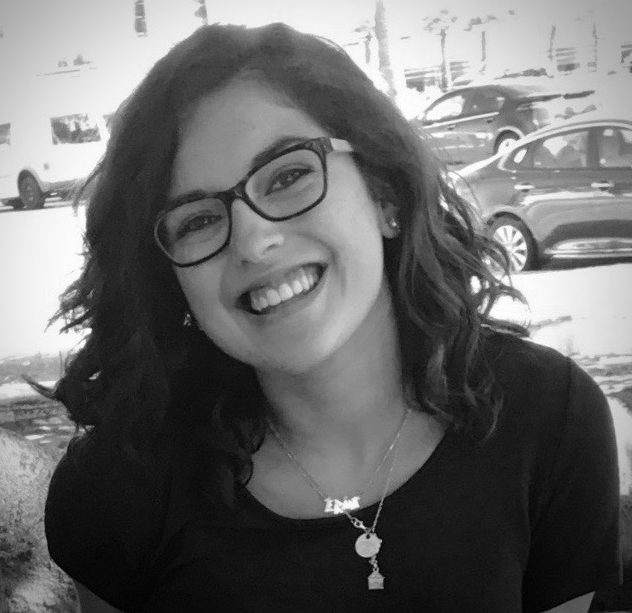 Ariel Zitny. Photo courtesy of T’ruah: The Rabbinic Call for Human Rights
Ariel Zitny. Photo courtesy of T’ruah: The Rabbinic Call for Human Rights Orange County native Ariel Zitny is one of six North American rabbinical and cantorial students accepted into the prestigious Summer Human Rights Fellowship sponsored by T’ruah: The Rabbinic Call for Human Rights in New York City.
Zitny, 30, is entering his third year of school at Hebrew Union College – Jewish Institute of Religion in Los Angeles, and is a religious voice for the LGBTQ community. He has written about being a transgender rabbinical student, and the importance of transgender inclusion in Jewish spaces.
“I feel really honored and privileged to be a part of this fellowship,” Zitny told the Journal via email. “Human rights are the basic principles of ethics, which is a core Jewish value. I believe we as Jews have a moral imperative to help better our world through actions such as social justice endeavors and helping secure human rights for all.”
Now in its eighth year, the T’ruah summer fellowship pairs rabbinical and cantorial students with a social justice and human rights organization in New York for nine weeks.
“More than ever, we need powerful moral voices who can speak to the erosion of American democracy, and who can rally their communities to respond to attacks on immigrants, LGBT people, Jews, people of color, Muslims, and other minorities,” Rabbi Jill Jacobs, T’ruah’s executive director, said in a statement. “T’ruah is training the rabbis and cantors who will be the leaders we and our children need.”
As part of his fellowship, Zitny will develop skills relating to organizing, creating and empowering communities at Community Voices Heard (CVH). CVH “is a unique model in that they are a team of mostly people of color and/or low-income families who work to empower people of color and low-income families,” Zitny said. “I am really excited to work with an organization that represents ‘for the people, by the people.’”
He added he’s particularly excited about being a part of CVH’s direct democracy model to see how “it might be applicable” in other spaces.
After he completes his five-year rabbinical program Zitny said he hopes to become a social justice oriented congregational rabbi. He also wants to write about gender diversity in Judaism.
“When I was a child my rabbi encouraged me to think about becoming a rabbi myself. All I could think at that time was, ‘People like me aren’t allowed to be rabbis,’” Zitny said. “The children I teach in Sunday school would never have that thought. That is one of the rewards, for sure. Knowing that I can be that person who, just by existing out loud, tells someone else that they can exist out loud too. By openly being LGBTQ in Jewish spaces, other Jewish LGBTQ adults and children feel more at ease being open about who they are.”
He added that although the gay community has received more representation, the trans community is still “just breaking through. It has been difficult to be one of the ‘pioneers’ of that, being only the third trans student to come to HUC, and the first in nearly a decade, but I’m glad I’m making it easier for other trans-Jews to say, ‘Why couldn’t I be a rabbi?’ A challenge is that in some spaces, acceptance or inclusion of people like me is controversial. By being an advocate for myself and others like me, I am opening up a debate on my right to exist in Jewish spaces as myself, or whether my queer and trans identities are valid. It is difficult to debate one’s own identity. Sometimes it can be a lot to have to advocate for yourself all the time, and educate others about why you deserve equal treatment.”























 More news and opinions than at a Shabbat dinner, right in your inbox.
More news and opinions than at a Shabbat dinner, right in your inbox.